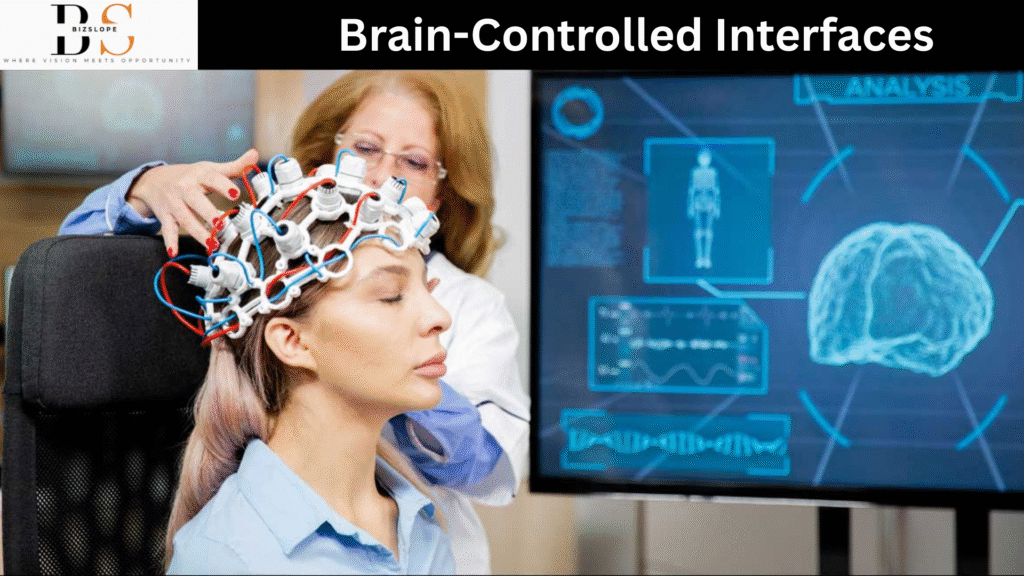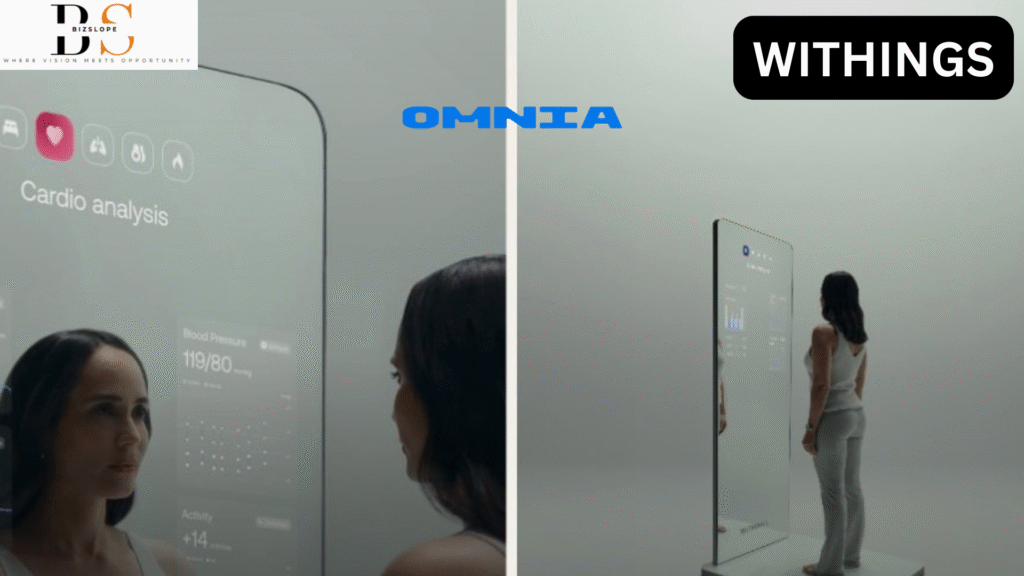Brain-Computer Interfaces (BCIs) are a revolutionary field of technology that creates a direct communication pathway between a brain and an external device, such as a computer or a prosthetic limb. This technology bypasses the body’s normal neuromuscular pathways, allowing a user to control a device with their thoughts alone.
How BCIs Work
A typical BCI system consists of three core components:
- Signal Acquisition: This is the process of measuring the brain’s electrical signals. Devices used for this can range from a non-invasive EEG cap worn on the scalp to surgically implanted sensors that provide a stronger, more precise signal.
- Signal Processing: A computer analyzes the recorded brain signals using complex algorithms. Through a process of machine learning, the BCI adapts to a user’s unique brain patterns to interpret their intended action.
- Command Output: Once the user’s intent is decoded, the system translates it into a command that is sent to the external device, which then performs the desired action.
Key Applications of BCIs
While initially developed for medical purposes, BCIs are being explored in a variety of fields.
Medical and Rehabilitation
- Prosthetics: BCIs allow individuals with paralysis or limb loss to control robotic limbs with their thoughts.
- Communication: For people with “locked-in syndrome” or other severe motor disabilities, BCIs can provide a vital way to communicate by enabling them to type on a virtual keyboard or select options on a screen.
- Neurorehabilitation: BCIs can assist in the recovery of patients with neurological conditions by helping to retrain brain pathways.
Beyond Healthcare
- Gaming and Entertainment: This technology is being used to create more immersive and intuitive gaming experiences, where players can control a game simply by thinking.
- Accessibility: BCIs can be integrated with smart home devices and assistive technologies, allowing users to control their environment with their mind.
The Future and Ethical Considerations
The future of BCI technology is full of both exciting possibilities and complex challenges. As this technology becomes more advanced, it raises important ethical questions that society will need to address. These include:
- Privacy: The potential to access and interpret a person’s thoughts raises concerns about the security of private information and the potential for misuse.
- Autonomy: There are questions about the impact of BCIs on human free will and the line between human and machine.
- Social Justice: Ensuring equitable access to this transformative technology is crucial to avoid creating a new digital divide and widening social inequalities.
As research continues, the integration of artificial intelligence is expected to make BCIs even more accurate and responsive, paving the way for a future where the connection between our minds and the digital world is more seamless than ever before.



